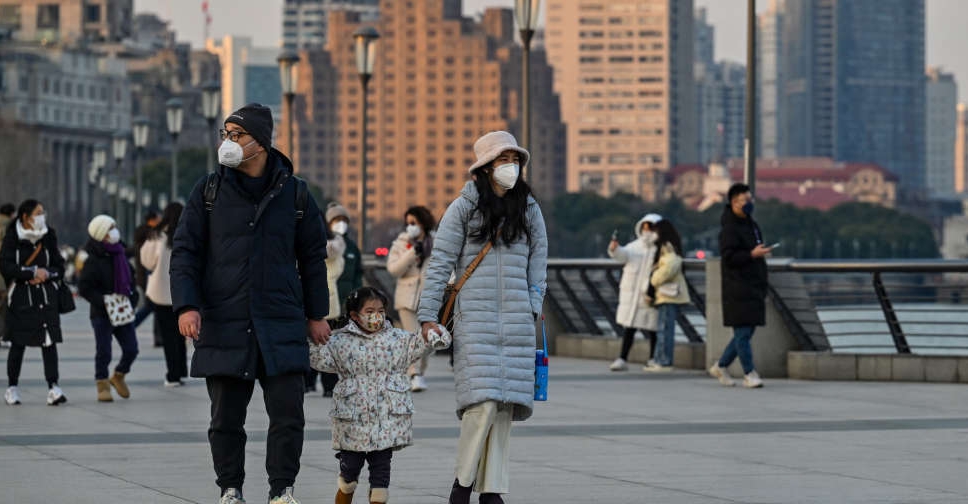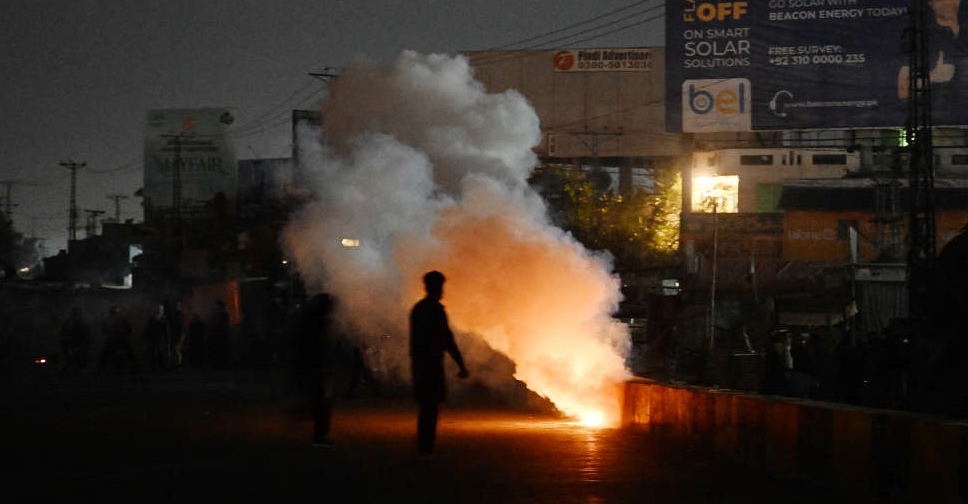
China's population fell last year for the first time in six decades, a historic turn that is expected to mark the start of a long period of decline in its citizen numbers with profound implications for its economy and the world.
The drop, the worst since 1961, the last year of China's Great Famine, also lends weight to predictions that India will become the world's most populous nation this year.
China's population declined by roughly 850,000 to 1.41175 billion at the end of 2022, the country's National Bureau of Statistics said.
Long-term, U.N. experts see China's population shrinking by 109 million by 2050, more than triple the decline of their previous forecast in 2019.
That's caused domestic demographers to lament that China will get old before it gets rich, slowing the economy as revenues drop and government debt increases due to soaring health and welfare costs.
"China's demographic and economic outlook is much bleaker than expected. China will have to adjust its social, economic, defence and foreign policies," said demographer Yi Fuxian.
He added that the country's shrinking labour force and downturn in manufacturing heft would further exacerbate high prices and high inflation in the United States and Europe.
Kang Yi, head of the national statistics bureau, told reporters that people should not worry about the decline in population as "overall labour supply still exceeds demand".
China's birth rate last year was just 6.77 births per 1,000 people, down from a rate of 7.52 births in 2021 and marking the lowest birth rate on record.
The number of Chinese women of childbearing age, which the government defines as 25 to 35, fell by about 4 million, Kang said.
The death rate, the highest since 1974 during the Cultural Revolution, was 7.37 deaths per 1,000 people, which compares with rate of 7.18 deaths in 2021.
ONE-CHILD POLICY IMPACT
Much of the demographic downturn is the result of China's one-child policy imposed between 1980 and 2015 as well as sky-high education costs that have put many Chinese off having more than one child or even having any at all.
The data was the top trending topic on Chinese social media after the figures were released on Tuesday. One hashtag,"#Is it really important to have offspring?" had hundreds of millions of hits.
"The fundamental reason why women do not want to have children lies not in themselves, but in the failure of society and men to take up the responsibility of raising children. For women who give birth this leads to a serious decline in their quality of life and spiritual life," posted one netizen with the username Joyful Ned.
China's stringent zero-COVID policies that were in place for three years have caused further damage to the country's demographic outlook, population experts have said.
Local governments have since 2021 rolled out measures to encourage people to have more babies, including tax deductions, longer maternity leave and housing subsidies. President Xi Jinping also said in October the government would enact further supportive policies.
The measures so far, however, have done little to arrest the long-term trend.
Online searches for baby strollers on China's Baidu search engine dropped 17 per cent in 2022 and are down 41 per cent since 2018, while searches for baby bottles are down more than a third since 2018. In contrast, searches for elderly care homes surged eight-fold last year.
The reverse is playing out in India, where Google Trends shows a 15 per cent year-on-year increase in searches for baby bottles in 2022, while searches for cribs rose almost five-fold.

 Ceasefire between Israel and Hezbollah begins
Ceasefire between Israel and Hezbollah begins
 Israeli strikes pound central Beirut, suburbs
Israeli strikes pound central Beirut, suburbs
 Russia strikes Ukraine's critical infrastructure in largest drone attack
Russia strikes Ukraine's critical infrastructure in largest drone attack
 Israel pounds Beirut suburbs as Lebanon says 31 dead nationwide
Israel pounds Beirut suburbs as Lebanon says 31 dead nationwide
 One killed, dozens injured in clashes during Pakistan protests
One killed, dozens injured in clashes during Pakistan protests




